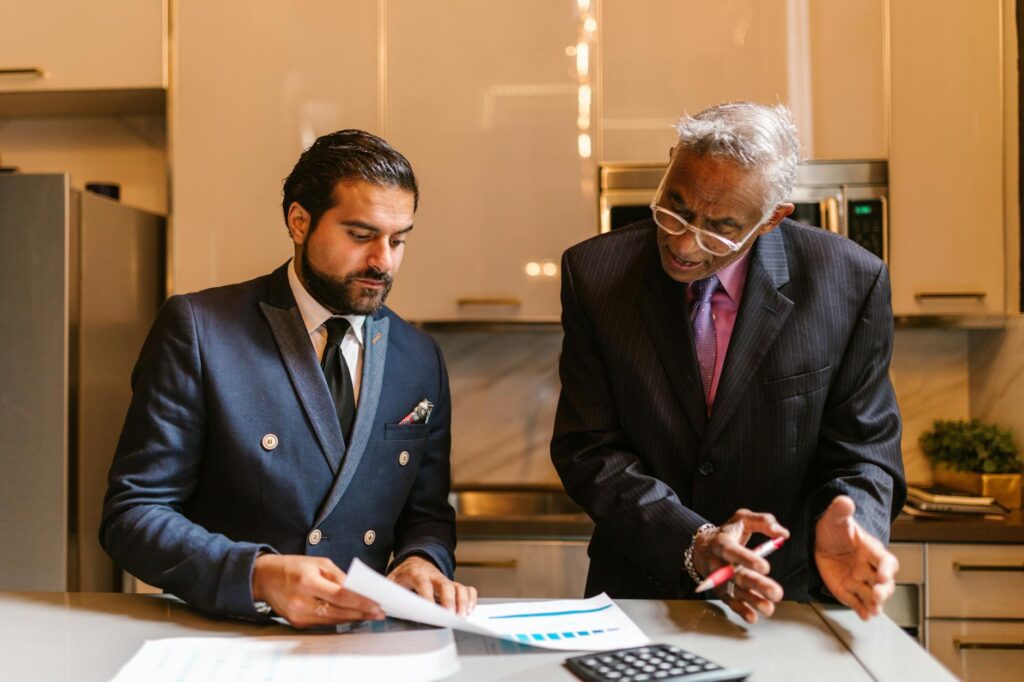Finding the right financial advisor can feel like searching for a needle in a haystack. But with the right approach, you can find someone who will guide you towards your financial goals and help you build a secure future. This post will equip you with the knowledge to make an informed decision.
Understanding Your Financial Needs
Before you even start looking for an advisor, it’s crucial to understand your own financial situation. What are your goals? Are you saving for retirement, a down payment on a house, or your children’s education? Knowing your goals will help you find an advisor with the right expertise. Consider using online tools like personal finance calculators to get a clearer picture.
Choosing the Right Type of Advisor
There are many different types of financial advisors, each with their own specialties and fees. Some common types include fee-only advisors, commission-based advisors, and fiduciary advisors. Understanding the differences between these types is critical. Learn more about choosing the right type of advisor here.
Checking Credentials and Experience
Always verify your potential advisor’s credentials. Check their certifications (like CFP®, CFA®, etc.) and their experience. A proven track record is a valuable asset.  You can also check their background on sites like the SEC website or FINRA BrokerCheck. Look for advisors with experience relevant to your financial needs.
You can also check their background on sites like the SEC website or FINRA BrokerCheck. Look for advisors with experience relevant to your financial needs.
Considering Fees and Compensation
Fees can vary significantly depending on the advisor’s type and services offered. Some charge an hourly rate, others charge a percentage of assets under management (AUM), and some are commission-based. Transparency regarding fees is key. Be sure to fully understand how your advisor is compensated and whether this structure aligns with your interests. [IMAGE_2_HERE]
Building a Strong Advisor-Client Relationship
Finding a good financial advisor isn’t just about finding someone with the right credentials. It’s about finding someone you trust and with whom you can communicate effectively. A strong working relationship is essential for long-term success. Schedule several meetings to get to know them before making any commitments. Read more about building rapport with your advisor.
Asking the Right Questions
Don’t be afraid to ask plenty of questions. Inquire about their investment philosophy, their approach to risk management, their experience with clients similar to you, and their process for handling conflicts of interest. This is your financial future, so clarity and understanding are crucial. [IMAGE_3_HERE]
Due Diligence is Key
Finding the right financial advisor requires thorough research and due diligence. Don’t rush the process. Take your time to compare different advisors, ask plenty of questions, and choose someone who you are confident in and who understands your unique circumstances. Find a checklist for evaluating financial advisors here.
Review and Re-evaluation
Your financial needs and goals may evolve over time. Therefore, regularly review your progress with your financial advisor and make necessary adjustments to your plan. A proactive approach will help you stay on track and adapt to life’s changes.
Frequently Asked Questions
What is a fiduciary advisor? A fiduciary advisor is legally obligated to act in your best interest.
How often should I meet with my advisor? This depends on your needs and the complexity of your financial plan. Some meet quarterly, others annually.
What are some red flags to look out for? High-pressure sales tactics, lack of transparency about fees, and overly complex investment strategies are all potential red flags.
How do I find a financial advisor near me? You can use online search engines or seek referrals from trusted sources such as your bank or employer.
What documents should I bring to my first meeting? Bring any relevant financial documents, such as bank statements, tax returns, and investment records.



